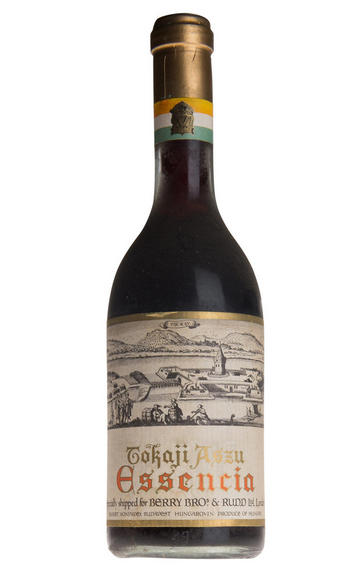
2000 Tokaj Essencia, Chateau Pajzos, Hungary
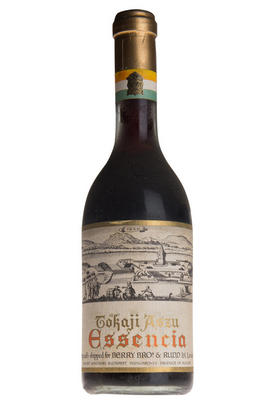
Critics reviews
Neal Martin - 30/12/2013
About this WINE
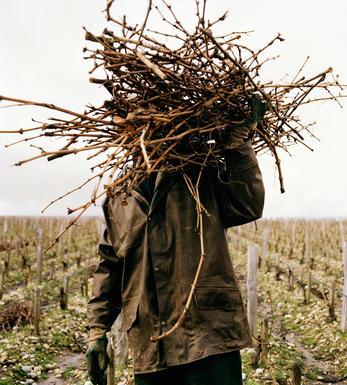
Chateau Pajzos
The fall of the communist regime in Hungary a decade ago reawoke Western interest in the great wines of Tokaji. In 1991 a joint venture between Jean-Louis Laborde, Jean-Michel Arcaute and winemaking consultant Michel Rolland was established in an attempt to marry modern winemaking techniques with traditional methods to recreate the legendary Tokaji of the past.
Château Pajzos has 80 hectares of vineyards and is one of the few estates to be classified as Grand Cru in the old 18th century classification. Already, gloriously rich, honeyed Tokaji is being produced, including Esszencia for the first time since 1947.
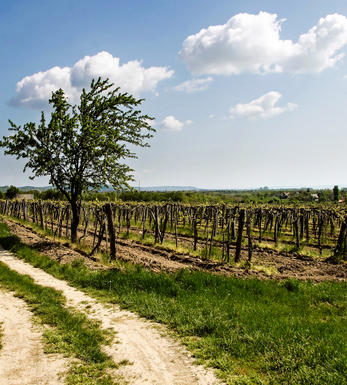
Tokaj
The Tokaj wine region lies 240 kms north-east of Budapest in Hungary, at the confluence of the Tisza and Bodrog rivers. Tokaj enjoys long sunny summers, while dry autumns and the early morning mists, created by the meeting of the two rivers, encourage the development of noble rot on grapes. The Botrytis Cinerea makes the berries dry and shrivel, thus concentrating the compounds and developing the Aszú grapes.
Furmint is the dominant grape in Tokaji, and Aszú in the name refers simply to the dried, nobly-rotted grapes, which are hand-picked from the vines. The number of puttonyos is an indication of sweetness, with 2 the driest and 6 the sweetest. A 3-Puttonyos Tokaji indicates at least 60g of residual sugar, 4 indicates at least 90g, 5 at least 120g and 6 at least 150g. From 2015 the new minimum is set to 130g of residual sugar per litre,and the 3 and 4 ‘Puttonyos’ categories are eliminated.
A wine of 7 puttonyos is known as Aszú Essencia and is only produced in the very best years. Aszú Essencia is incredibly sweet and is one of the greatest dessert wines in the world.
By the end of the 17th century, Tokaji aszu wines were so well regarded throughout the Royal Courts of Europe, that Prince Rakoczi was urged to classify all the finest vineyards around the 28 villages in the region. Thus, the Tokaj wine region has the distinction of being Europe’s first classified wine region.
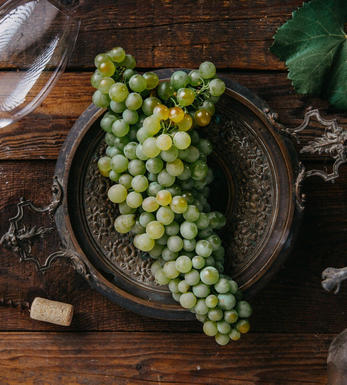
Furmint
A white grape variety grown in Hungary and Slovakia and the main ingredient of Tokaji Aszú. It is an early budding late ripening variety and and is particularly susceptible to botrytis.
Its wines are characterised by their high alcohol levels (sometimes as much as 14%) and their high acidity - it is the latter which gives Tokaji wines their longevity. It is most commonly planted in the Tokaj-Hegyalja region and is usually blended with Harslevelu and sometimes Muscat to produce Tokaji Aszú. The grape is also grown widely to produce acidic but sturdy dry white wine.


Buying options
Add to wishlist
Description
The 2000 Tokaji Esszencia is the third vintage to be released after the 1993 and 1999, the next in line being 2010. A total of 1,048-liters dripped out the bottom of the vat, delivering 528 grams per liter residual sugar and 10.9 grams per liter acidity (almost half that of the 1999). Bottled in June 2005, it has a more refined, conservative, orthodox bouquet than the outlier that is the 1999, but is no less engaging, with marmalade, quince and honeysuckle aromas that are very well-aligned. The palate is very harmonious, with unctuous, perfectly judged acidity, extremely pure with a sensual texture: in its notes of quince, honey, marmalade, apricot jam and just a touch of truffle. Very elegant and seductive, broach this before getting your mind around the 1999! Drink now-2150+.
Neal Martin - 30/12/2013
wine at a glance
Delivery and quality guarantee